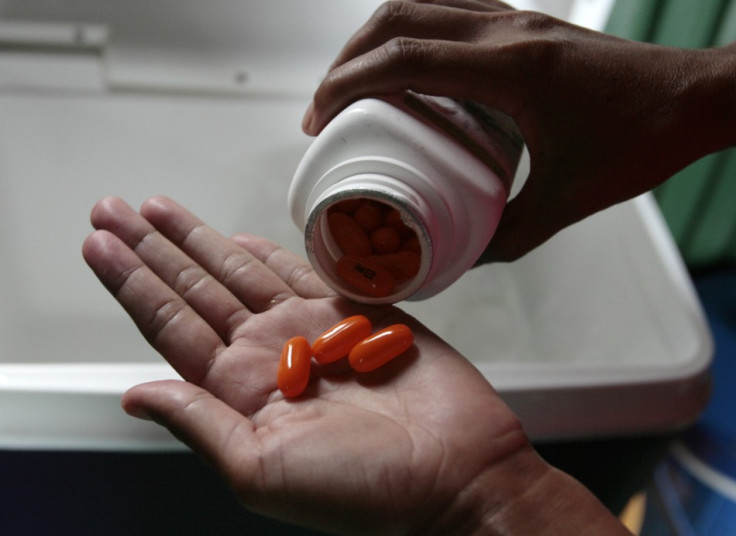World Antibiotic Awareness Week: What is antibiotic resistance?
At least 23,000 deaths a year are caused by resistance to antibiotics

On 16 November, World Antibiotic Awareness week begins – lasting until 22 November. The event was established by the World Health Organisation (WHO) to raise awareness of antibiotic resistance.
"A global action plan to tackle the growing problem of resistance to antibiotics and other antimicrobial medicines was endorsed at the 68th World Health Assembly in May 2015. One of the key objectives of the plan is to improve awareness and understanding of antimicrobial resistance through effective communication, education and training," said a statement from WHO.
At least 2 million people get infected with antibiotic-resistant bacteria each year, resulting in at least 23,000 deaths, according to the US Centres for Disease Control. WHO has called antibiotic resistance a major global threat to public health.
But what is antibiotic resistance?
Antibiotics are used in medicine to help fight and stave off illness and bacterial infections in humans, as well as in the animal kingdom. However, the more we use them, and the more we abuse them, the less effective they become.
Thanks to that pesky thing called evolution, bacteria is constantly adapting to counter-attack antibiotics. According to the NHS's website: "Antibiotic resistance is one of the most significant threats to patients' safety in Europe. It is driven by overusing antibiotics and prescribing them inappropriately."
Antibiotic resistance causes people to be sick for longer and increases the risk of death. For example, people with MRSA (methicillin-resistant Staphylococcus aureus) are estimated to be 64% more likely to die than people with a non-resistant form of the infection. Resistance also increases the cost of health care with lengthier stays in hospital and more intensive care required.
Antibiotic-resistant bacteria increases the chance and severity of illness and ultimately death. The NHS website goes on to say that "few new antibiotics are being developed", which is exacerbating the situation as more antibiotic resistant bacteria adapts and arises.
© Copyright IBTimes 2025. All rights reserved.






















